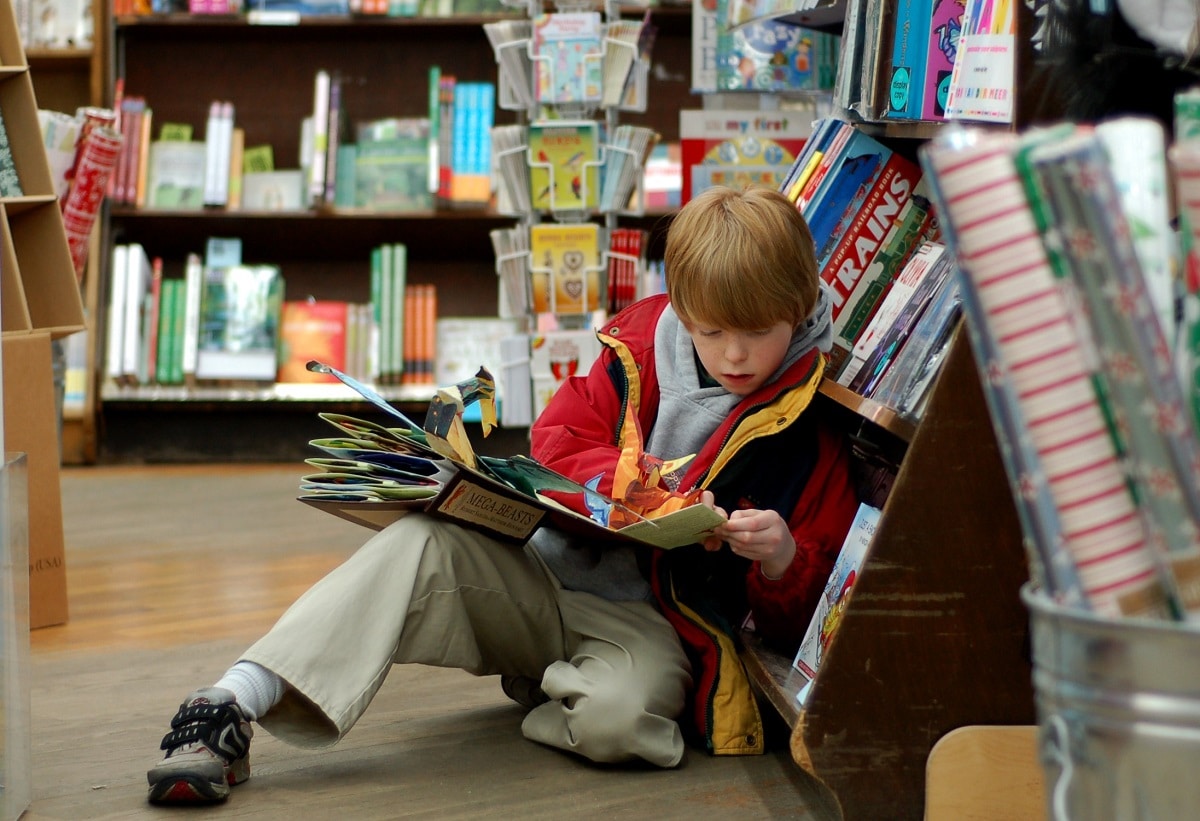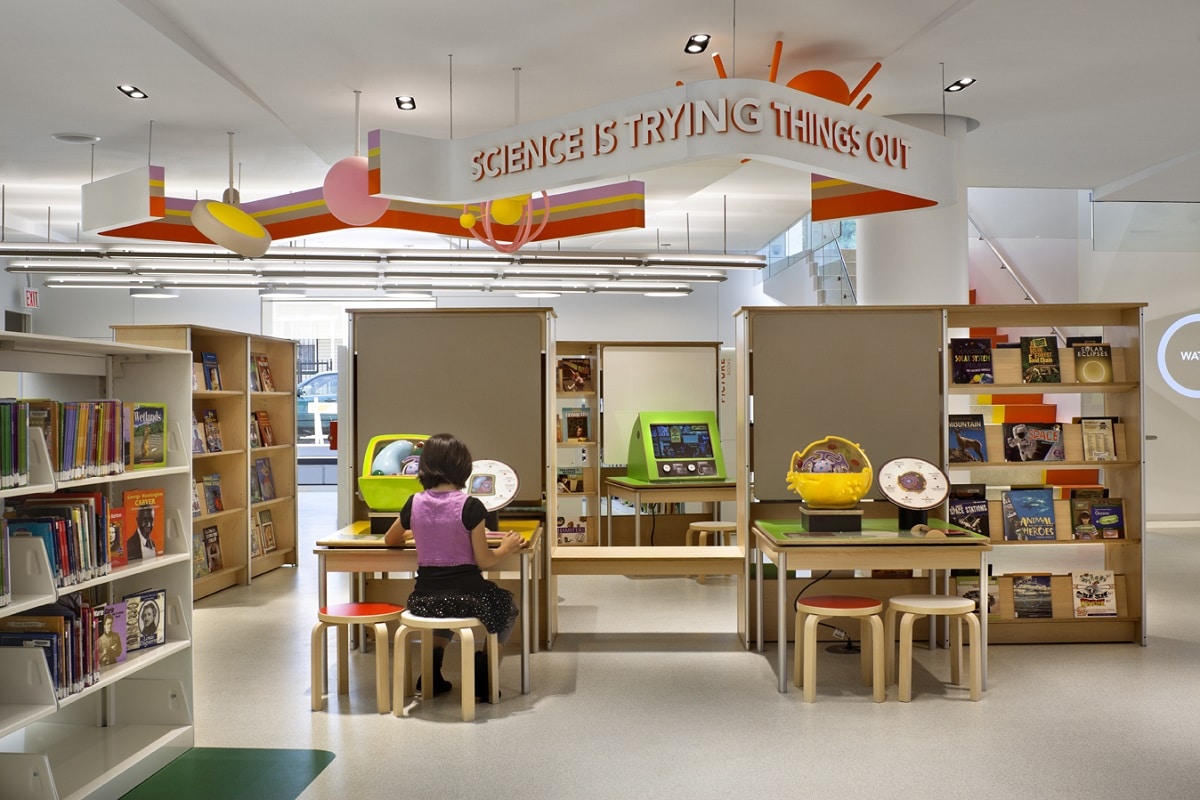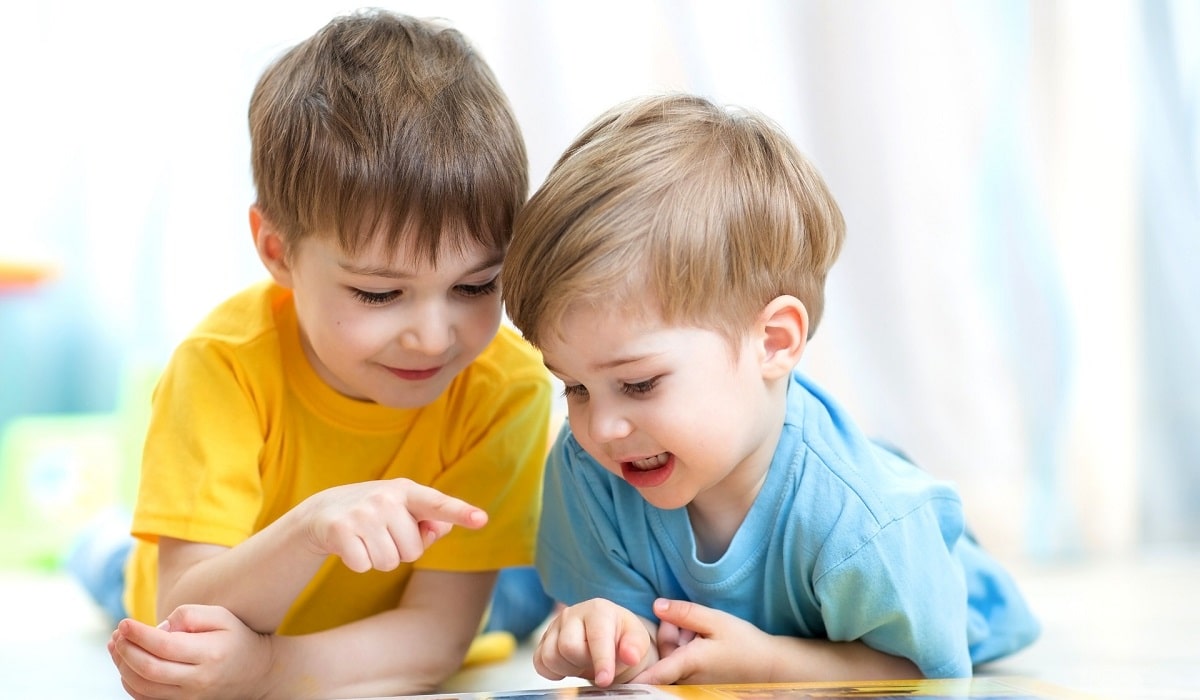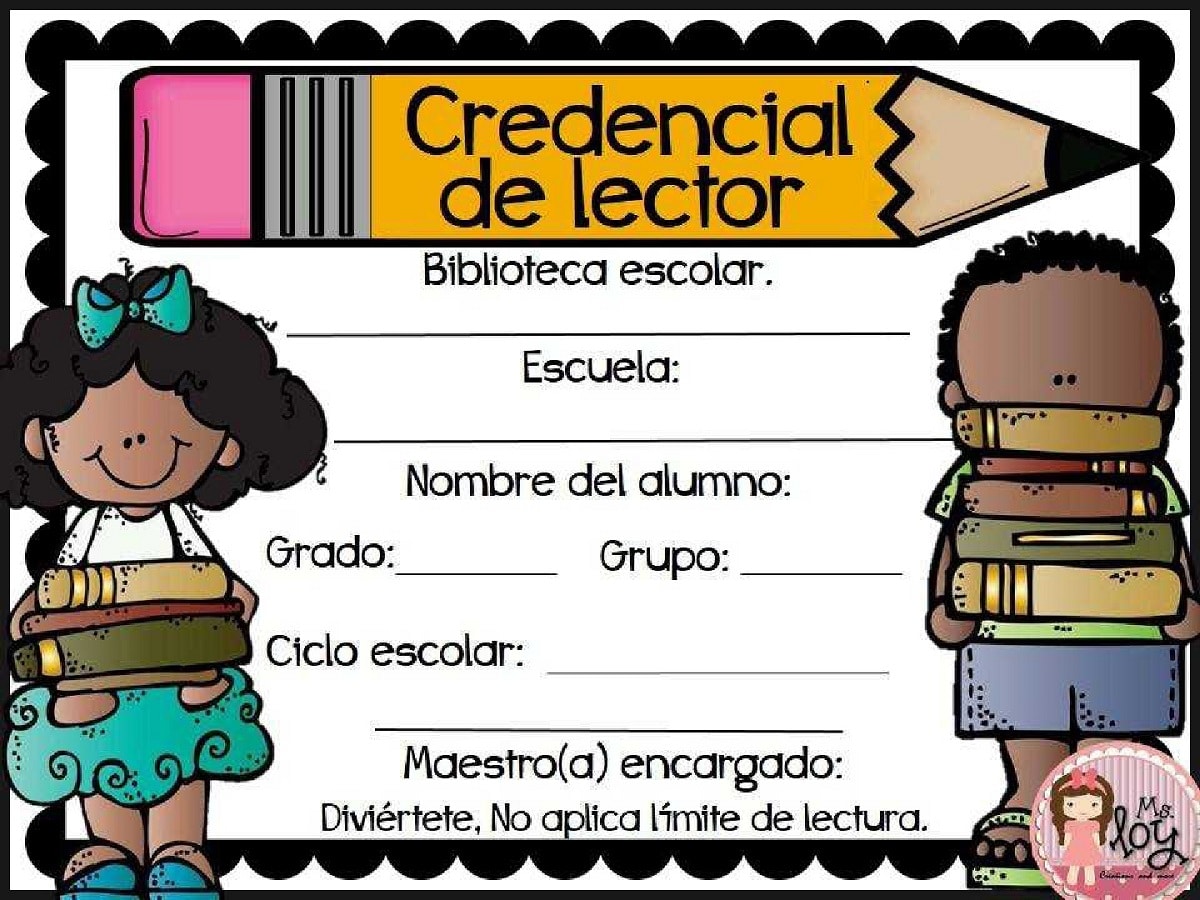
The health alert is tarnishing the celebration of the International Libraries Day, but it has also done that, this year, it is put in value of the libraries. This is an opportunity so that from home we can offer our children to continue accessing libraries. Most of them continue to provide some online services, and even Virtual Reading Club.
All the children's libraries, the school, or the spaces within the general libraries dedicated exclusively for children, are essential for a rich learning, not only in knowledge, but also in experiences.
What are children's libraries for?

The reality is that libraries are no longer the only access space that children have to content hub, whether they are playful or formative. However, taking our children to spaces where they can enjoy books, videos, storytelling, is an experience. Unfortunately, at this time they cannot adequately enjoy it, but we should not give it up.
UNESCO notes the importance of children's libraries for create and consolidate reading habits in children from the earliest years. Thanks to this, their creativity is stimulated and facilitates their development. And above all, the users of the future are trained.
For children there is a need for reading that is why it is essential that if now we cannot approach the libraries we try to set them up at home, or in their own room. As long as we put books at your fingertips, at your height, we will be doing it. If we also decorate and create an intimate space to read, we will be creating a real library for you. It is not necessary to have many books, with age the child will change tastes and readings. The interesting thing is that you feel that space is yours.
Children's libraries as collaborative spaces

Libraries, in the common imagination, are places of silence. And they are, but in the children's ones, they are also filled with laughter, and participatory activities that serve to enrich the experience. One of the values that libraries contribute is that these spaces teach children to be autonomous, disciplined and responsible, both with their personalized accreditation system, the card, and in the loan of books.
Reading is not the only thing that is learned or done in libraries, but we can also go to them to receive workshops on different topics, listen and participate in storytelling, in Spanish and other languages or be part of the Reading Clubs. Participating in activities within the library is another way to approach it.
Children's libraries become collaborative spaces in which it is important that the child choose a book that really catches his or her attention. For that he will open, touch and watch many, so let's have a little patience with them. And it may even be that you choose books that you have already taken home.
Importance of the school library

All the school libraries are part of children's libraries. Thanks to the teachers and professionals who are in charge of these libraries, the boys and girls are loving, and choosing the readings that are beyond the recommendations or curricular obligations.
School libraries must meet, in addition to the objectives of children's libraries, those of the premises in which they are located. Namely, enhance the taste for learning. They should serve as a complement and accompaniment to what they are studying in class. This does not mean that they are boring, more and more teaching programs involve a high degree of motivation. The best way to achieve this motivation is by making school libraries attractive.
In conclusion we can say that it is very important that the children's library is a place where children go, not to maintain strict discipline, but wanting to enjoy and choose new adventures. And above all, they have to respond to the questions, needs and curiosities of the boys and girls of the XNUMXst century.